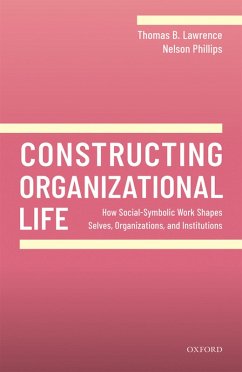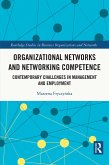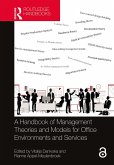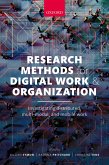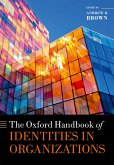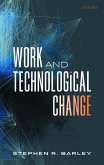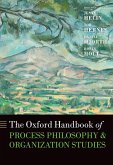Across the social sciences, scholars are increasingly showing how people 'work' to construct organizational life, including the rules and routines that shape and enable organizational activity, the identities of people who occupy organizations, and the societal norms and assumptions that provide the context for organizational action. The idea of work emphasizes the ways in which people and groups engage in purposeful, reflexive efforts rooted in an awareness of organizational life as constructed in human interaction and changeable through human effort. Studies of these efforts have identified new forms of work including emotion work, identity work, boundary work, strategy work, institutional work, and a host of others. Missing in these conversations, however, is a recognition that these forms of work are all part of a broader phenomenon driven by historical shifts that began with modernity and dramatically accelerated through the twentieth century. This book introduces the social-symbolic work perspective, which addresses this broader phenomenon. The social-symbolic work perspective integrates diverse streams of research to examine how people purposefully and reflexively work to construct organizational life, including the identities, technologies, boundaries, and strategies that constitute their organizations. In this book, the authors define social-symbolic work and introduce three forms - self work, organization work, and institutional work. Social-symbolic work highlights people's efforts to construct the social world, and focuses attention on the motivations, practices, resources, and effects of those efforts. This book explores eight distinct streams of social-symbolic work research, drawing on a broad range of examples from the worlds of business, politics, sports, social movements, and many others. It provides researchers, students, and practitioners with an integrative theoretical framework useful in understanding social-symbolic work, a survey of the main forms of social-symbolic work, a rich set of theoretical opportunities to inspire new studies, and practical methodological guidance for empirical research on social-symbolic work.
Dieser Download kann aus rechtlichen Gründen nur mit Rechnungsadresse in A, B, BG, CY, CZ, D, DK, EW, E, FIN, F, GR, HR, H, IRL, I, LT, L, LR, M, NL, PL, P, R, S, SLO, SK ausgeliefert werden.

